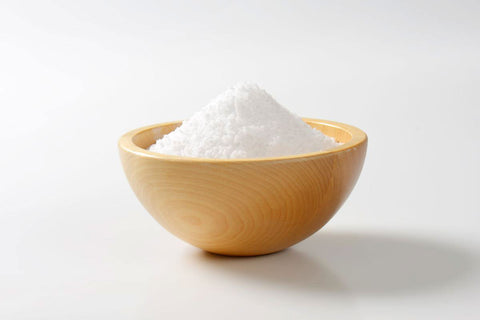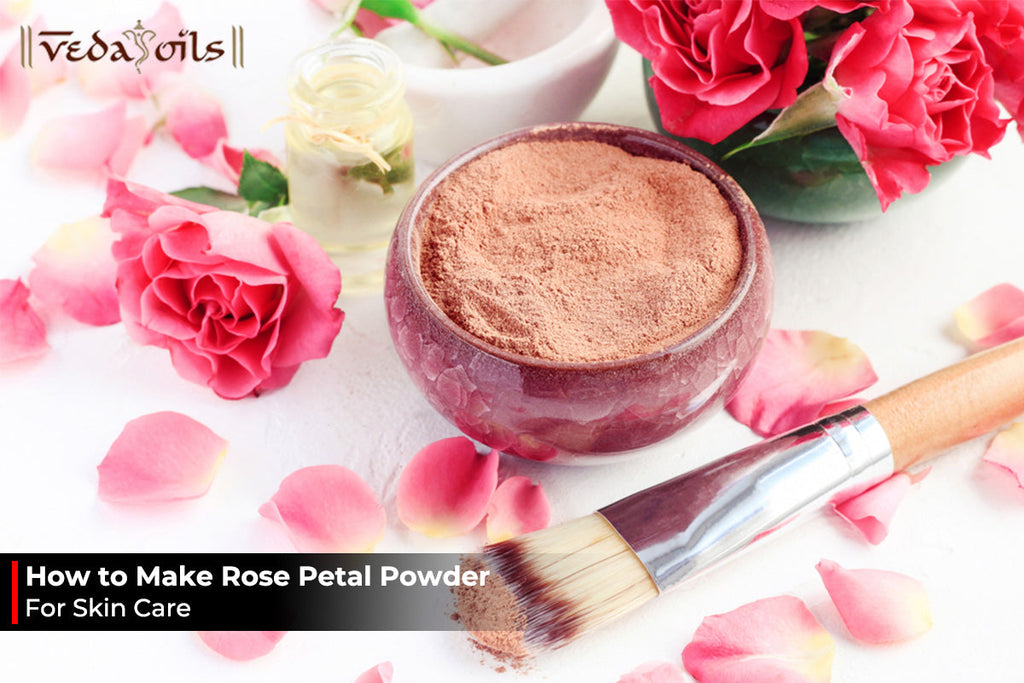Role of Additives in Cosmetic Products
Cosmetic products are a delicate blend of various raw materials, with additives playing a pivotal role in enhancing their effectiveness and appeal. These additives, often overlooked, contribute significantly to the overall quality, safety, and aesthetic appeal of cosmetics.

Additives bring many benefits to cosmetic products; they can aid in improving products' shelf life, colour, fragrance, and viscosity while providing skincare benefits such as safeguarding against oxidation, pH adjustment, Shielding From Harmful Sunlight, etc. So, let’s see the role of Additives in cosmetic products.
What Are Additives, And Why Are They Used In Cosmetic Products?
Additives are substances incorporated into cosmetic formulations to improve product performance, stability, and sensory attributes. They serve diverse functions, from preserving freshness to enhancing texture, ensuring a delightful user experience.
Diverse Roles of Additives in Cosmetic Products
Additives in cosmetic products offer countless benefits and are easy to use in your following revolutionary skin care products. Here are some diverse roles of additives in cosmetic products.
1.Preservatives
Preservatives are integral additives in cosmetic products designed to extend their shelf life by inhibiting the growth of bacteria and fungi. Their primary role is to ensure product safety by preventing microbial contamination, thereby maintaining the cosmetic's freshness over an extended period.

By minimizing the risk of spoilage and degradation, preservatives contribute significantly to cosmetic formulations' overall quality and reliability. Common examples include parabens, phenoxyethanol, and benzalkonium chloride.
2.Antioxidants
Antioxidants play a crucial role in cosmetics by safeguarding against oxidation, which can lead to the deterioration of critical ingredients. These additives work by neutralizing free radicals, preventing oxidative stress and maintaining the efficacy of the cosmetic product.
Popular antioxidants in cosmetics include vitamin C, vitamin E, and rosemary extract, and their inclusion is vital for preserving the product's integrity and ensuring its effectiveness over time.
3.Colorants
Colourants are cosmetic additives responsible for bringing vibrancy and creativity to formulations. Whether it's the vivid hue of lipstick or the palette of shades in an eyeshadow collection, colourants enable cosmetic brands to offer a diverse range of colours, catering to consumers' unique preferences.
Iron oxides, titanium dioxide, and various synthetic dyes are examples of colourants commonly used in cosmetics, allowing for a broad spectrum of cosmetic products that appeal to a wide range of skin tones and style preferences.
4.Fragrances
Fragrances are critical in cosmetic products, providing an enjoyable and memorable sensory experience. Beyond merely masking odours, fragrances enhance the overall product appeal, making it more pleasant for consumers to incorporate into their beauty routines. Whether floral, fruity, or oriental, the choice of fragrance adds a distinctive olfactory dimension to cosmetics.
Essential oils, synthetic fragrances, and aroma compounds are employed to create captivating scents that align with the brand and product identity.
5.Thickeners
Thickeners are additives that enhance the texture and consistency of cosmetic products. From creamy lotions to silky serums, these additives provide a luxurious feel, making the application process smoother and more satisfying for users.

Thickeners such as carbomers, xanthan gum, and cellulose derivatives are employed to achieve the desired viscosity and texture, ensuring that the cosmetic product performs effectively and provides a delightful tactile experience during application.
6.Emulsifiers
Emulsifiers are essential in cosmetic formulations that contain both oil and water components. These additives facilitate the seamless blending of these disparate elements, ensuring a stable and homogeneous product. Without emulsifiers, formulations might separate over time, compromising the aesthetic appeal and the product's effectiveness.

Examples of emulsifiers include sorbitan oleate, ceteareth-20, and lecithin, which contribute to cosmetic formulations' overall stability and consistency.
7.pH Adjusters
pH adjusters are crucial for maintaining the skin-friendly pH of cosmetic products. These additives help prevent irritation and promote a comfortable user experience by ensuring compatibility with the skin's natural pH level.
Citric acid, sodium hydroxide, and lactic acid are commonly used pH adjusters in cosmetics, allowing formulators to create products that are gentle on the skin and suitable for a wide range of individuals.
8.UV Filters
UV filters are indispensable in cosmetic formulations designed to protect against the sun's harmful rays, specifically UVB and UVA radiation. These additives are crucial for formulating effective sunscreens and other protective skincare products.
Examples of UV filters include avobenzone, octocrylene, zinc oxide, and titanium dioxide, each offering specific benefits in shielding the skin from the adverse effects of prolonged sun exposure.
The inclusion of UV filters not only helps prevent sunburn but also contributes to overall skin health and protection against premature ageing.
How to Select the Right Additives for Cosmetics Products?
Selecting the proper additives involves considering the product's specific requirements, such as desired texture, shelf life, and sensory experience. Balancing functionality with safety and regulatory compliance is essential to create a successful cosmetic formulation.

Conclusion
In the dynamic world of cosmetics, additives are unsung heroes, contributing significantly to product efficacy and user satisfaction. Understanding the roles of various additives empowers consumers and formulators to make informed choices, ensuring the creation of cosmetics that beautify and prioritize safety and quality.
You May Also Like:
Buy Products
Related Articles
-
 How to Make Marble Candles | DIY Marble Pillar Candle
How to Make Marble Candles | DIY Marble Pillar Candle -
 DIY Tanning Oil - Best Homemade Recipes For Tan Removal
DIY Tanning Oil - Best Homemade Recipes For Tan Removal -
 Homemade Mustache Wax: Best DIY Recipe With Natural Ingredients
Homemade Mustache Wax: Best DIY Recipe With Natural Ingredients -
 Kojic Acid vs. Glycolic Acid: Which Is Better for Skin Whitening?
Kojic Acid vs. Glycolic Acid: Which Is Better for Skin Whitening? -
 5 Best Grades of Essential Oils - The Grading System
5 Best Grades of Essential Oils - The Grading System -
 How to Make Rose Petal Powder For Skin Care Homemade Recipe
How to Make Rose Petal Powder For Skin Care Homemade Recipe
Disclaimer :- This article is intended for informational and educational purposes only and should not be considered a substitute for professional medical advice. For specific health concerns or treatment, please consult your personal physician. The article's editor, writer, and VedaOils organization do not assume any responsibility for any health outcomes resulting from the information provided. Readers are strongly encouraged to seek advice from their physician before acting on any recommendations made in these articles.
















 Sign in
Sign in Register now
Register now My Reward Points
My Reward Points








